#Thurgood Marshall
Text
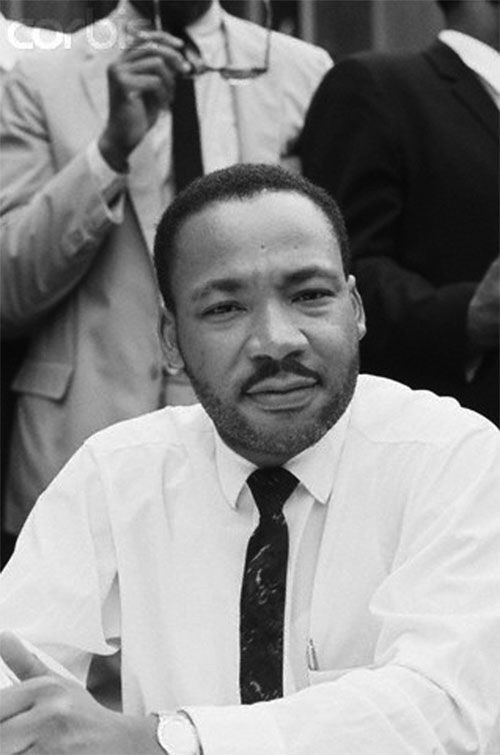
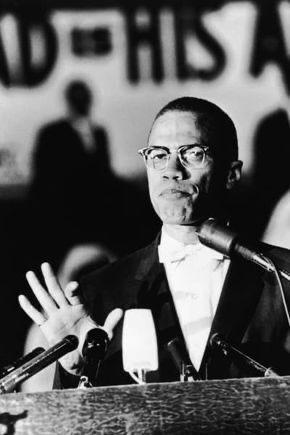
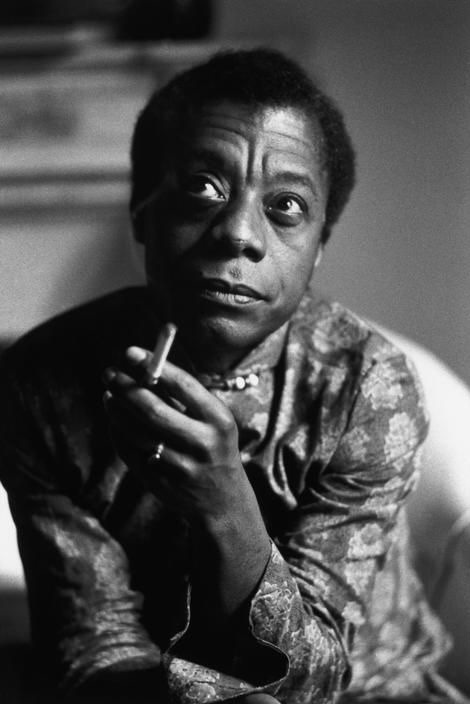



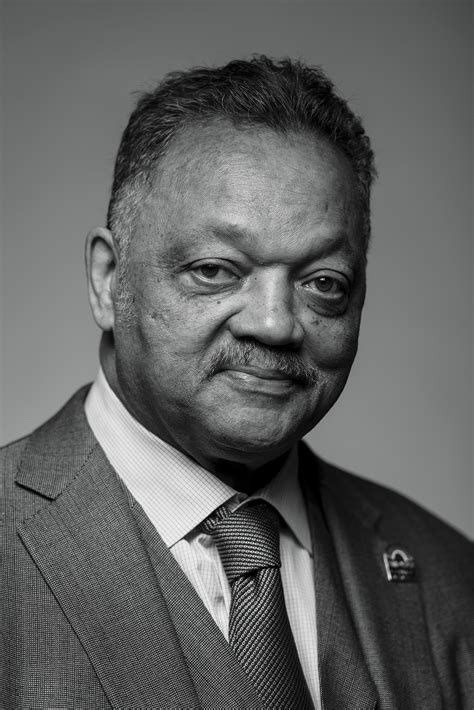

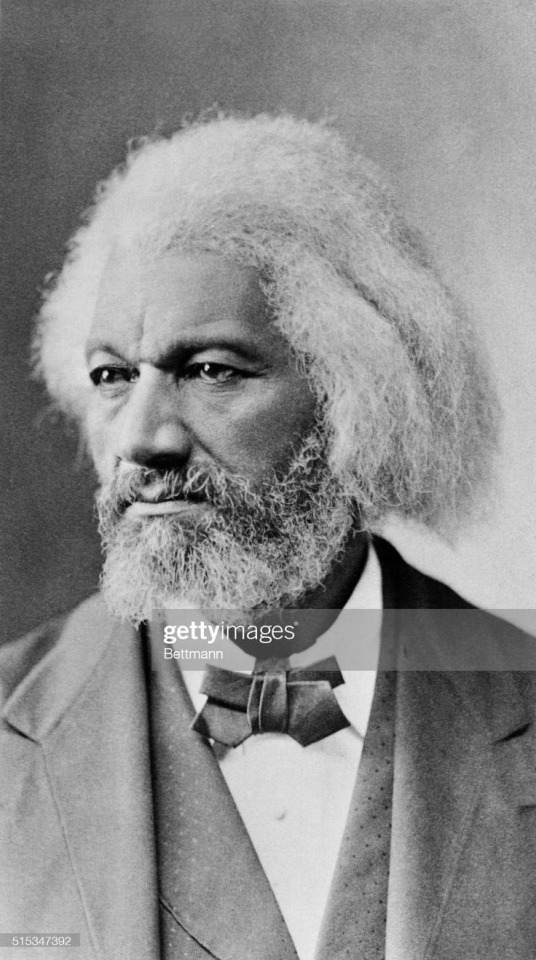
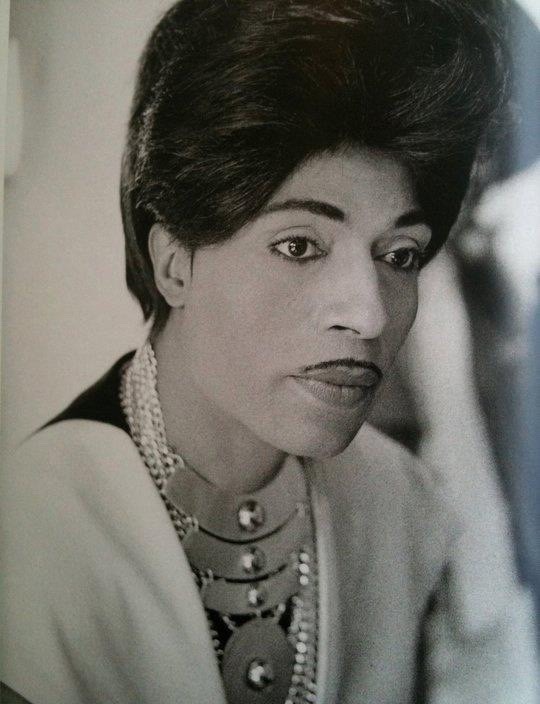
Happy Black History 🫶🏽
Couldn't forget our Beautiful Black Men
Their Names are presented below, In chronological order from top to bottom.
Martin Luther King ( Minister & Activist)
Malcolm X ( Minister & Activist)
James Baldwin ( Writer & Activist)
Langston Hughes ( Poet & Activist)
Thurgood Marshall ( Lawyer & Jurist)
Jackie Robinson ( Baseball player)
Jessie Jackson ( Minister & Activist)
W.E.B Dubois ( Activist, Author, & Historian)
Frederick Douglas (Writer)
Little Richard ( Singer & Pianist)
#black girls of tumblr#black girl blogger#pinterest#black boy aesthetic#black history month#james baldwin#martin luther king jr#malcolm x#langston hughes#thurgood marshall#jessie jackson#web du bois#jackie robinson#black history#loveing black men#black men magic#black men rule
125 notes
·
View notes
Text



#thurgood marshall#black history#black history is american history#black excellence#black community#black tumblr#civil rights#civil rights movement#black literature#clarence thomas#black lives matter#equal#equal rights#education#black history 365
148 notes
·
View notes
Text
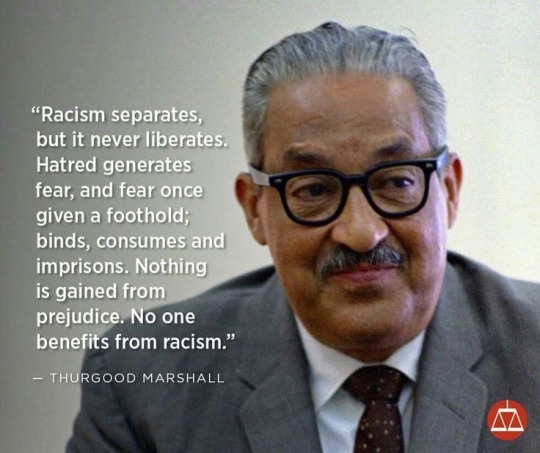
83 notes
·
View notes
Text
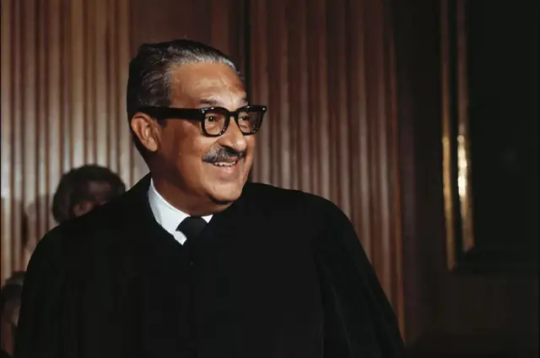
Thurgood Marshall, the first African-American Supreme Court Justice (1967)
40 notes
·
View notes
Text
Is Klaus' legal logic of The Bad Beginning sensible?
* Joint Theory: @unfortunatetheorist with @snicketstrange *
Klaus's speech to the audience during the events of The Bad Beginning had a carefully thought-out structure, anchored in deeply rooted legal, but more so ethical, principles. In defence of his sister, who was forced into a marriage, Klaus appears to have adopted a multifaceted approach to challenge the marriage's validity.
Firstly, John Locke.
John Locke was one of the first people to suggest that humans have natural rights. He also wrote a book about this called the 'Two Treatises of Government'.
Klaus likely invoked John Locke's arguments on natural rights to contend that the marriage was not consensual and, therefore, violated his sister's fundamental rights to life and liberty. The idea that the bride must sign "with her own hand" is interpreted here not literally, but as an indicator of action "of her own free will," supported by Locke's principles.
Secondly, Thurgood Marshall.
Thurgood Marshall was the first black Supreme Court Justice of the USA, who fought for the rights of black citizens against Jim Crow's extremely racist ideologies.
His defence of the 14th Amendment may have been used by Klaus to argue that, in cases of ambiguity or doubt, the judge's decision should lean towards protecting the more vulnerable party. This point strengthens the point that, if there is doubt about the how valid Violet's consent is, the legal and ethical obligation is to invalidate the marriage. The 14th Amendment to the United States Constitution is crucial for establishing constitutional rights and consists of various clauses. The most relevant for Klaus's case is probably the Equal Protection Clause, which states that no state may "deny to any person within its jurisdiction the equal protection of the laws." Klaus may have leaned especially on this clause to argue that, in situations of uncertainty, i.e. his sister's forced marriage, the interpretation/application of the law should be done in a manner that protects (in this case) Violet. This would align with the principles of the 14th Amendment, using it for equal protection under the law to invalidate the marriage and protect his sister's rights.
Third, Ida B. Wells.
Ida B. Wells was, similar to Thurgood Marshall, an early civil rights campaigner, who campaigned for anti-lynching (a word which here means, opposing the brutally violent act known as lynching).
Klaus likely drew inspiration from Ida B. Wells to assert that everyone has the right to be heard and protected by authorities, regardless of their age or origin. This argument would serve to legitimize his own standing as his sister's defender in court, neutralizing any potential prejudice against him for being a child or, perhaps, belonging to a minority (he and his sisters are Jewish).
Moreover, the presence of a judge at the ceremony should not be viewed as merely a formality, but a control mechanism to ensure mutual consent, something that resonates strongly with Locke and Marshall's ideals about the role of government and law. Thus, if either of the spouses gave any evidence to the judge that the marriage was conducted under duress, the judge would be obligated to invalidate the marriage. Violet's chosen signal was to sign the document with her left hand instead of her right hand. As the judge explained, the marriage could be invalidated due to this discreet yet appropriate signal.
Lastly, the word "apocryphal" that Lemony uses to describe Klaus's argument suggests a non-conventional but insightful interpretation of the law, something that seems to echo Marshall's "doubtful insights" and Wells' "moral conviction." Instead of resorting to literalism ('literally' - with her own hand, i.e. Violet's dominant hand), Klaus's argument was much deeper and grounded, touching on the very essence of what legislation and the role of judges are. That's why Justice Strauss was so fascinated by the young boy's speech.
In summary, the historical references evidence that Klaus wove these diverse elements into a cohesive and compelling argument, utilising the legacy of these thinkers to question and, ideally, invalidate his sister Violet's forced marriage.
¬ Th3r3534rch1ngr4ph & @snicketstrange,
Unfortunate Theorists/Snicketologists
#asoue#asoue netflix#theory#vfd#a series of unfortunate events#lemony snicket#snicketverse#count olaf#thurgood marshall#ida b wells#john locke#legally snicket#Very Fatiguing Definition(s)#'My brother's defining words again' ¬ Kit Snicket
76 notes
·
View notes
Text
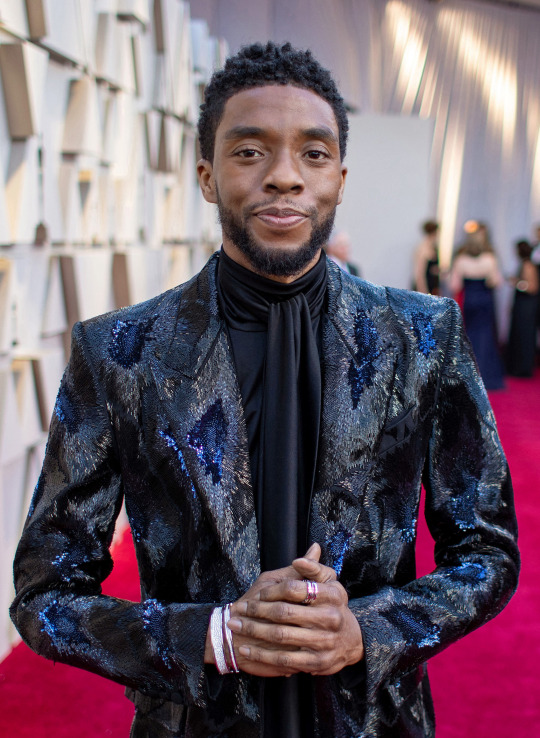
RIP Chadwick Boseman
Amazon Prime Videos: Actor Chadwick Boseman
Chadwick Boseman: The King (2022)
James Brown: Get On Up (2014)
Thurgood Marshall (2017)
Black Panther: King T’Challa (2018)
Black Panther: Wakanda Forever (2022)
#chadwick boseman#black hollywood#black celebrity#black archives#african american#black men fashion#black panther#james brown#black history#thurgood marshall#king tchalla#wakanda forever#black tumblr#blackisbeautiful
92 notes
·
View notes
Text
"The measure of a country's greatness is its ability to retain compassion in times of crisis."
~ Thurgood Marshall, US Supreme Court Justice, sworn in #OnThisDay in 1967 becoming the first Black justice of the #SCOTUS

33 notes
·
View notes
Note
Could you recommend books on the Supreme Court? I honestly didn’t think there were any.
There are countless numbers of books about the Supreme Court, so it really depends on what exactly you're interested in reading about, whether that might be a general history of the Court itself, biographies of the most influential justices, landmark cases, and so on.
By no means is this a complete list, but here's some suggestions that I can recommend:
GENERAL HISTORY OF THE SUPREME COURT
•A People's History of the Supreme Court: The Men and Women Whose Cases and Decisions Have Shaped Our Constitution by Peter Irons (BOOK | KINDLE | AUDIO)
•Nine Scorpions in a Bottle: Great Judges and Cases of the Supreme Court by Max Lerner and edited by Richard Cummings (BOOK)
•The Supreme Court by William H. Rehnquist (BOOK | KINDLE | AUDIO) -- This history of the Court is especially interesting because it was written by the incumbent Chief Justice.
•The Nine: Inside the Secret World of the Supreme Court by Jeffrey Toobin (BOOK | KINDLE | AUDIO)
BOOKS ABOUT SPECIFIC JUSTICES OR COURTS
•The Oath: The Obama White House and the Supreme Court by Jeffrey Toobin (BOOK | KINDLE | AUDIO)
•Leaving the Bench: Supreme Court Justices at the End by David N. Atkinson (BOOK) -- A unique book about Justices at the end of their time on the Court and how they ultimately left the Court. Most of them died in office because the Court is a lifetime appointment, but the book looks at how some Justices held on to their seats and remained on the bench despite failing health or faltering cognitive abilities.
•First: Sandra Day O'Connor by Evan Thomas (BOOK | KINDLE | AUDIO)
•Sisters In Law: How Sandra Day O'Connor and Ruth Bader Ginsburg Went to the Supreme Court and Changed the World by Linda Hirshman (BOOK | KINDLE | AUDIO) -- An excellent dual biography about the first two women ever appointed to the Supreme Court and the impact they had on American law.
•The Brethren: Inside the Supreme Court by Bob Woodward and Scott Armstrong (BOOK | KINDLE | AUDIO) -- The legendary journalist from the Washington Post gives the Woodward treatment to the Supreme Court presided over by Chief Justice Warren E. Burger.
•The Showdown: Thurgood Marshall and the Supreme Court Nomination That Changed America by Wil Haygood (BOOK | KINDLE | AUDIO) -- The remarkable life of Thurgood Marshall, who was already a legendary figure in the annals of American justice as a civil rights lawyer who successfully argued the case the led to the Supreme Court striking down Brown v. the Board of Education. Marshall's place in history became even more important when President Lyndon B. Johnson nominated him as the first-ever Black Supreme Court Justice.
•Five Chiefs: A Supreme Court Memoir by John Paul Stevens (BOOK | KINDLE | AUDIO) -- This is probably my favorite of the recommendations. John Paul Stevens, the third longest-serving Justice in the history of the Supreme Court, writes about the five Chief Justices (Fred Vinson, Earl Warren, Warren E. Burger, William H. Rehnquist, and John Roberts) that he worked for or with throughout his long career, beginning as a law clerk under Chief Justice Vinson and eventually serving as Associate Justice alongside Chief Justice Burger, Chief Justice Rehnquist, and Chief Justice Roberts.
BOOKS ABOUT JOHN MARSHALL (Longest-serving Chief Justice of the United States and arguably the most important judge in American history)
•John Marshall: The Chief Justice Who Saved the Nation by Harlow Giles Unger (BOOK | KINDLE | AUDIO)
•Without Precedent: Chief Justice John Marshall and His Times by Joel Richard Paul (BOOK | KINDLE | AUDIO)
•John Marshall: The Man Who Made the Supreme Court by Richard Brookhiser (BOOK | KINDLE | AUDIO)
I also strongly recommend checking out James F. Simon's books about the Supreme Court and the Presidency, which focus on the impact that the Court and the Chief Justices at the time had on specific Presidential Administrations. These are all written by James F. Simon:
•Eisenhower vs. Warren: The Battle for Civil Rights and Liberties (BOOK | KINDLE | AUDIO)
•Lincoln and Chief Justice Taney: Slavery, Secession, and the President's War Powers (BOOK | KINDLE | AUDIO)
•What Kind of Nation: Thomas Jefferson, John Marshall, and the Epic Struggle to Create a United States (BOOK | KINDLE | AUDIO)
•FDR and Chief Justice Hughes: The President, the Supreme Court, and the Epic Battle Over the New Deal (BOOK | KINDLE)
#History#Supreme Court#Supreme Court History#Books#Book Suggestions#Book Recommendations#Supreme Court Books#Judiciary#Judicial Branch#Chief Justice of the United States#Chief Justices#John Paul Stevens#John Marshall#James F. Simon#Thurgood Marshall#William H. Rehnquist#Sandra Day O'Connor#Ruth Bader Ginsburg#RBG
30 notes
·
View notes
Text
#talkin#tik tok#tiffany cross#racism#megan kelly#blackface#clarence thomas#scotus#thurgood marshall#jennifer thomas#january 6th
123 notes
·
View notes
Photo


This year marks the 56th anniversary of Thurgood Marshall’s confirmation as the first Black Supreme Court Justice in American history.
During Black History Month and beyond, we celebrate the legacy of Justice Marshall and other civil rights giants who worked tirelessly to make equality a reality for all. 🙌🏾
#thurgood marshall#supreme court#SCOTUS#black history month#bhm#blackhistorymonth#supreme court justice
6 notes
·
View notes
Text

This image has been doing the rounds on social media over the last couple of years. Each named person lived during times when skin colour was more important than intelligence and personality. Whilst racism is nowhere near as bad as it was half a century ago, many people with ethnic backgrounds still face adversity, particularly in the United States. This poster encourages those people to dream, lead, fight, think, build, speak, educate, believe and challenge like the many heroes of the past.
------------------------------------------------------------------------------
My blogs are now available to listen to as podcasts on the following platforms: Anchor, Breaker, Google Podcasts, Pocket Casts and Spotify.
If you would like to support my blog, become a Patreon from £5p/m or “buy me a coffee” for £3. Thank You!
#blog#rosa parks#thurgood marshall#anchor#breaker#google podcasts#pocket casts#spotify#patreon#ko-fi#blm#black lives matter
73 notes
·
View notes
Text
#ella josephine baker#ella baker#civil rights activist#human rights advocate#grassroots organizing#leadership philosophy#mentorship#student nonviolent coordinating committee (sncc)#w. e. b. du bois#thurgood marshall#a. philip randolph#martin luther king jr.#diane nash#stokely carmichael#bob moses#radical democracy#social justice#racial equality#gender equality#civil rights movement
3 notes
·
View notes
Text
Essence: This Black Father And Daughter Named As Two of The Most Influential People of African Descent (MIPAD) In Law & ...
Aspiring Black attorneys face countless barriers to even become qualified practitioners of the law. When a father and daughter duo topple them together, it’s worth noting.
Attorney Zulu Ali and Attorney Whitney Ali were recognized for their contributions and were listed as two of the Most Influential People of African Descent (MIPAD), Law and Justice Edition.

Attorney Zulu Ali and his daughter, Attorney Whitney Ali, own and operate the Law Offices of Zulu Ali & Associates, LLP (zulualilaw.com), one of the largest Black family-owned law firms in California; and the largest Black-owned in the Inland Empire.
Attorney Zulu Ali drew inspiration from civil rights attorneys Charles Hamilton Houston, Thurgood Marshall, and Avon Williams, Jr. to become an attorney himself, and opened the Law Offices of Zulu Ali in 2007 to help marginalized groups seek justice after being wrongfully accused crimes, being victims of discrimination.
The firm also serves victims in The Hague, Netherlands and the African Court of Human Rights in Tanzania.
“It is always nice to be recognized for your work,” Attorney Zulu Ali said in a news release. “We face immense scrutiny from courts and others for challenging the system. I am deeply inspired by the late great civil rights attorney Avon Williams who was jailed more than once for not kowtowing to racist courts in the defense of his clients. Being in this fight with my daughter by my side ensures this type of advocacy spirit that was established by great black pioneers of the legal system continues,”
#Black Attorneys#This Black Father And Daughter Named As Two of The Most Influential People of African Descent#Blacks in Law#Zulu Ali#Charles Hamilton Houston#Thurgood Marshall#Avon Williams Jr#ICC#Whitney Ali
4 notes
·
View notes
Photo
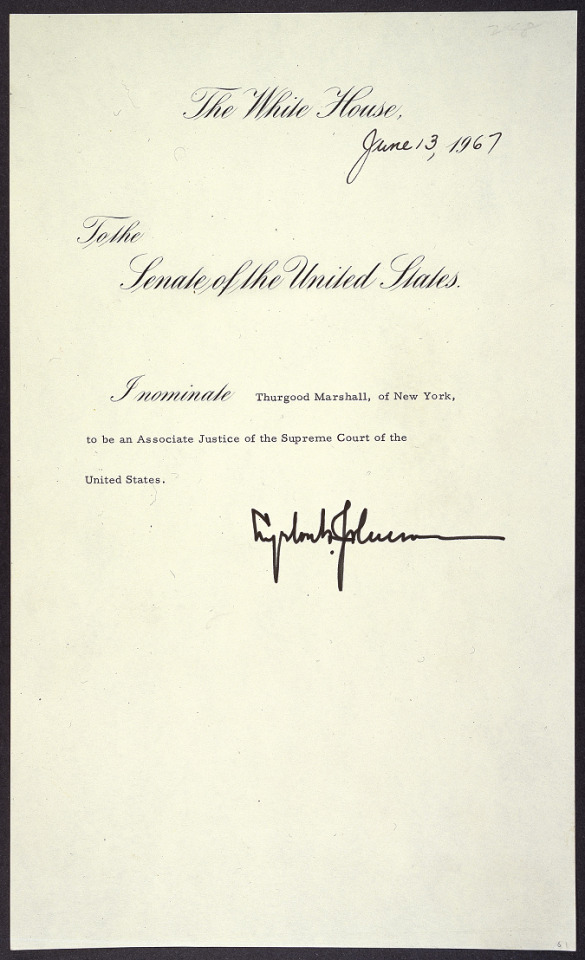
President Johnson nominated Thurgood Marshall to the U.S. Supreme Court on 6/13/1967. Justice Marshall was the first African American to serve on the Supreme Court.
Series: Anson McCook Collection of Presidential Signatures, 1789 - 1975
Record Group 46: Records of the U.S. Senate, 1789 - 2015
Transcription:
[[in cursive]] The White House,
June 13, 1967
To the
Senate of the United States.
I nominate [[end cursive]] Thurgood Marshall, of New York,
to be an Associate Justice of the Supreme Court of the
United States.
[[signature]] Lyndon Johnson
70 notes
·
View notes
Text

8 notes
·
View notes
Text

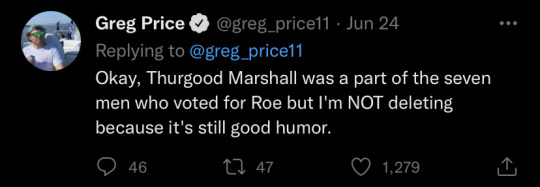
We gotta be accurate on history
24 notes
·
View notes